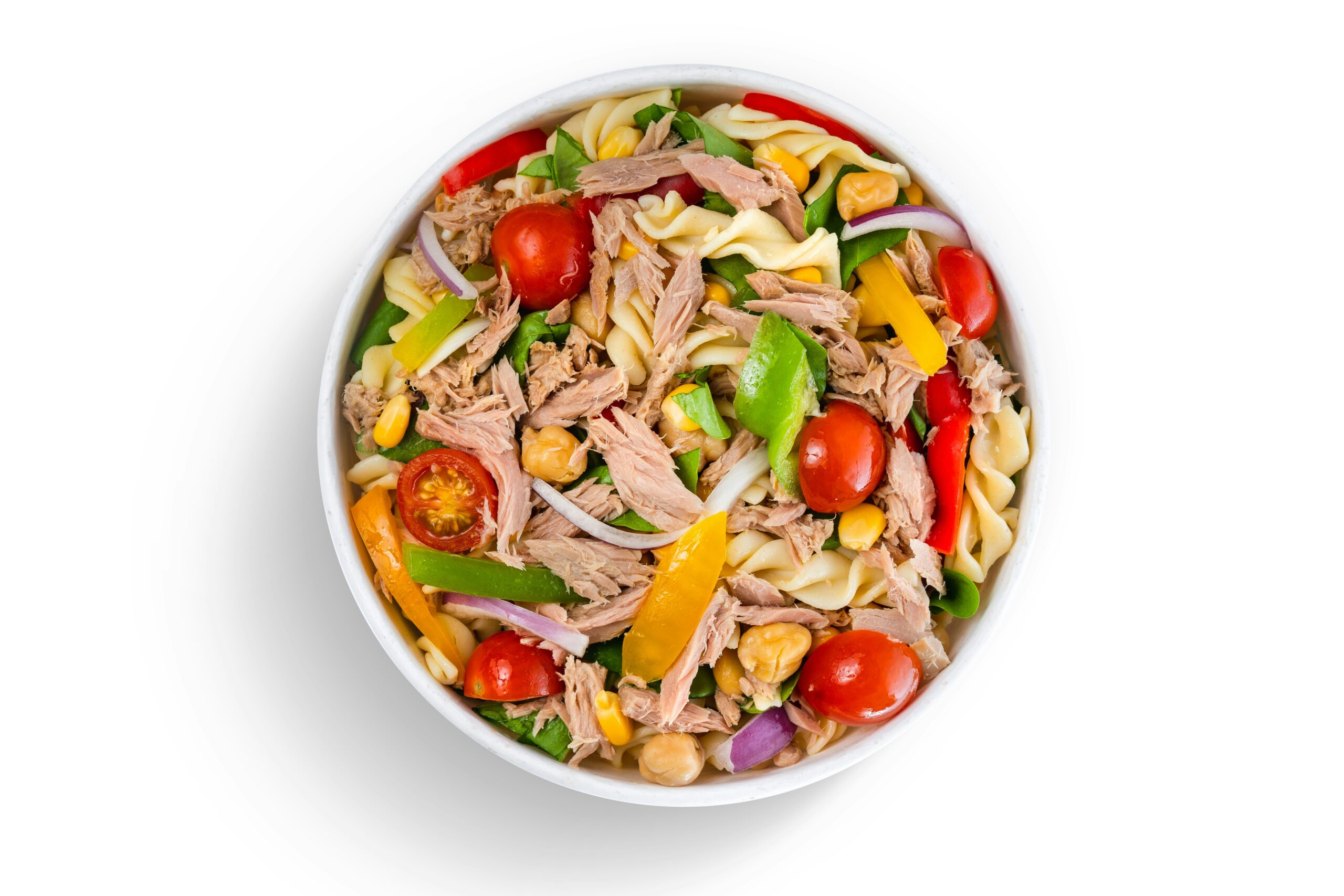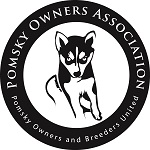 Are you looking to adopt a Pomsky or want to ensure your Pomeranian and Husky mix has a healthy life? While Pomskies are generally healthy dogs, like many mixed breeds, it’s not unheard of for them to develop a food sensitivity. While food allergies affect less than 1% of dogs in the US, they can cause digestive issues, skin and coat problems, chronic infections and even behavioral changes. That’s why it’s important for Pomsky owners to recognize and manage food sensitivities effectively for the health and well-being of their furry friend. In this blog post, we’ll explore the ideal diet for Pomskies and what food sensitivities you should be aware of.
Are you looking to adopt a Pomsky or want to ensure your Pomeranian and Husky mix has a healthy life? While Pomskies are generally healthy dogs, like many mixed breeds, it’s not unheard of for them to develop a food sensitivity. While food allergies affect less than 1% of dogs in the US, they can cause digestive issues, skin and coat problems, chronic infections and even behavioral changes. That’s why it’s important for Pomsky owners to recognize and manage food sensitivities effectively for the health and well-being of their furry friend. In this blog post, we’ll explore the ideal diet for Pomskies and what food sensitivities you should be aware of.
Common Food Triggers For Pomskies
Every Pomsky is unique, but there are a few common food triggers that tend to cause problems in this breed. Proteins like beef, lamb, or chicken are frequent culprits; some dogs have trouble digesting certain meats. Grains, including soy, corn, and wheat, are another source of sensitivity, often leading to skin irritation or digestive distress. While many Pomskies tolerate grains just fine, others may benefit from a grain-free diet rich in high-quality protein, essential fatty acids, natural vitamins and minerals, and plenty of fresh water. Dairy products can also cause serious problems for them, as many dogs, not just Pomskies, are naturally lactose intolerant. Symptoms of dairy sensitivity often include bloating, excessive gas, and diarrhea. If your Pomsky shows signs of discomfort after consuming cheese or other dairy treats, it may be best to cut them out altogether.
Identifying Food Sensitivities In Pomskies
Recognizing a food sensitivity in your Pomsky can be tricky because symptoms often overlap with other health issues like parasites or general digestive upset. Some common signs include vomiting, diarrhea, itchy skin, ear infections, weight loss, lethargy, or even bursts of hyperactivity. One reliable way to pinpoint sensitivities is through an elimination diet. This involves removing suspected allergens from your dog’s diet and then gradually reintroducing ingredients one by one while monitoring for reactions. Always do this under the guidance of your veterinarian to make sure your Pomsky’s nutritional needs are still being met.
Choosing the Right Diet For Your Pomsky
When selecting food for your Pomsky, it’s crucial that you focus on nutrition that supports their health without triggering sensitivities. But with hundreds of dog food brands on the market, choosing the right food for your Pomsky isn’t always easy. Many commercial dog foods contain fillers, artificial preservatives, and low-quality ingredients that can irritate a sensitive stomach. Keeping that in mind, look for dog food made with limited ingredients and clearly labeled, high-quality protein sources. Using a dog food rating system can be helpful; many of these systems evaluate products based on ingredient quality, protein content, and overall nutritional value. However, remember that ratings should be a guide, not a rule. Your Pomsky’s individual needs should always come first. A diet that works well for one Pomsky might not be suitable for another. If you’re not sure, speak to your veterinarian for advice.
When To See The Vet About Your Pomsky’s Food Sensitivities
If you have made changes to your Pomsky’s diet but they are still showing consistent symptoms of a food sensitivity such as discomfort, diarrhea, frequent ear infections or itchy skin, it’s time to take them to see the vet. While elimination diets and home monitoring can help in some cases, they’re not always enough, especially when symptoms are persistent or difficult to trace. Your vet may recommend allergy testing to get a clearer idea of exactly what is causing your dog’s symptoms. These may take the form of either a blood test or skin test to determine or at least give an indication of what your Pomsky is allergic to. Based on the results, you and your vet can work together to create a targeted treatment or dietary plan that supports your Pomsky’s overall health and comfort.
If your Pomsky is showing symptoms of food sensitivity, the most important thing you can do is not ignore it or assume they’ll grow out of it in time. Food sensitivities or allergies can have a serious impact on your Pomksy’s health and well-being. If you’re unsure whether they are sensitive to a particular food or what steps to take, ask your vet for guidance, especially before you make any radical changes to their diet. They will be able to advise you on potential testing and how to adjust your pet’s diet to help keep your beloved Pomsky happy and healthy.

